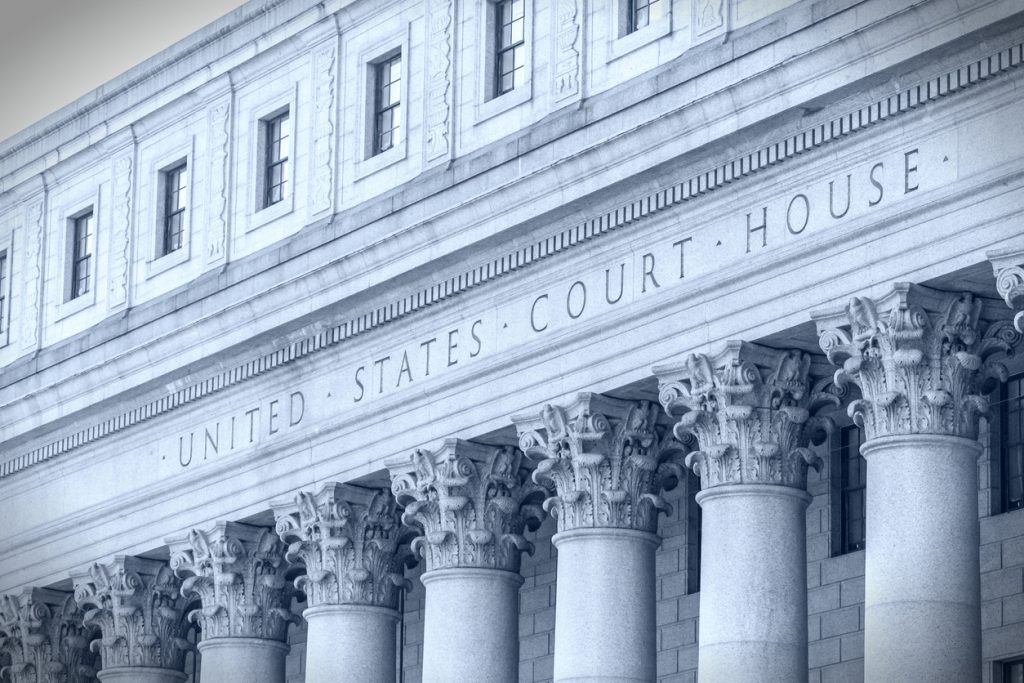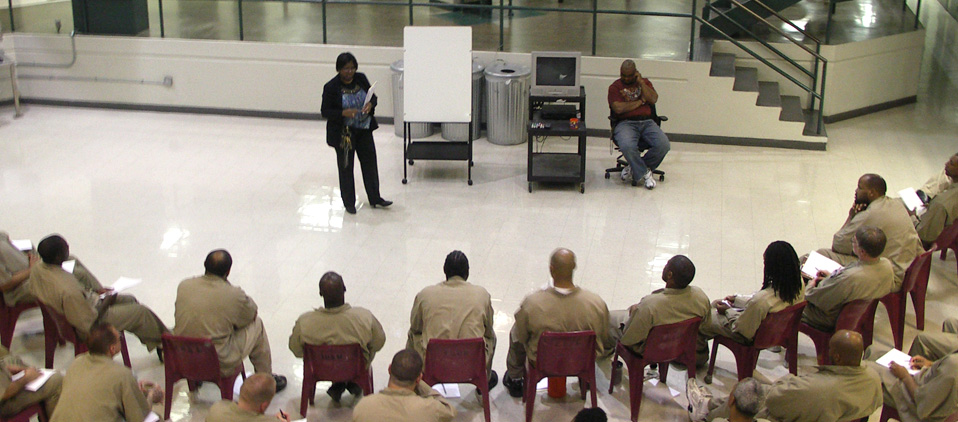Like you, we’ve been waiting for months for a judge to push back against the BOP’s approach in cases involving First Step Act (FSA) time credits. But, in roughly 99% of the cases, federal courts have simply rubber-stamped the BOP’s view. This resulted in pushing the implementation of FSA time credits all the way back to Jan. 15, 2022 — and, in many cases, even later. But in May, a federal judge in Tennessee finally pushed back against the BOP’s approach in a case called Dyer v. Federal Bureau of Prisons.
What happened in Dyer v. Federal Bureau of Prisons?
A federal judge sentenced Douglas A. Dyer to five years in prison and three years of supervised release in 2017. Although Dyer’s prison sentence originally ended in March 2022, the BOP released him under the CARES Act in June 2020. By that point, however, Dyer had earned 540 days of FSA time credits. So, when the BOP announced the new FSA time credits rule in January 2022, the BOP immediately applied Dyer’s FSA time credits and moved him from home confinement to supervised release.
The problem was that by the time the BOP moved Dyer to supervised release, it only applied 51 of the 540 FSA time credits he had earned. According to the BOP, there was nothing Dyer could do. He was, the BOP said, simply out of luck when it came to the remaining 489 FSA time credits. But Dyer fought the the BOP’s approach to his FSA time credits in court. And, unlike in so many other cases, the federal judge in Dyer’s case, U.S. District Judge Curtis L. Collier, didn’t just agree with the BOP’s position.
Dyer asked the court for one of two things: (1) apply the FSA time credits to his three-year term on supervised release or (2) pay him money for the FSA time credits he didn’t get to use. Judge Collier chose the first. “The FSA explicitly provides for eligible inmates to earn time credits for activities that promote rehabilitative function, and Petitioner is entitled to receive the benefit of his participation in those activities,” the Tennessee judge wrote. “Therefore, the Court will apply the unused FSA time credits toward Petitioner’s term of supervised release.”

What does the decision mean for the BOP’s approach to FSA time credits?
It’s hard to overstate how important Judge Collier’s decision in Dyer v. Federal Bureau of Prisons really is. Until now, federal courts have almost always refuse to get involved when it comes to the BOP’s approach to FSA time credits. But Judge Collier realized the FSA required more from federal judges. Indeed, as he recognized, the FSA specifically says that “[t]ime credits … shall be applied toward time in … supervised release.” Judge Collier, unlike so many other judges, simply followed the law.
And, hopefully, Judge Collier’s decision will pave the road ahead for other judges across the country. Dozens, any maybe even hundreds or thousands, of people in BOP custody have earned more FSA time credits than days remaining in prison or on home confinement. For months, the BOP’s approach has been the same one it tried in Dyer’s case. As a result, all of these people believed they’d just lose the FSA time credits they worked so hard to earn. Judge Collier said that’s not the case, and other federal courts should follow his lead. (Whether they will, of course, is an entirely different issue.)

The Takeaway:
In Dyer v. Federal Bureau of Prisons, a U.S. District Court held that the BOP must apply FSA time credits to time in prison, time in home confinement and, most importantly, time on supervised release. So, even if you’re already on supervised release, the BOP still has to apply your FSA time credits. The FSA clearly requires this result. But, for months, the BOP successfully convinced courts to do something else. The Dyer decision could lead to a huge change in the BOP’s approach to applying FSA time credits.






